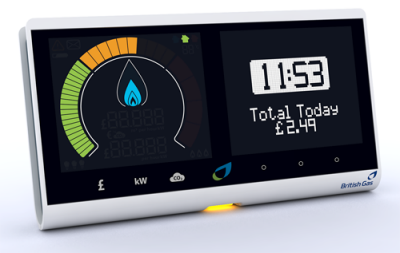The UK energy sector’s level of engagement with consumers lags significantly behind that of other industries.
That is the opinion of Challenging Ideas’ Laura Sandys, who gave a frank assessment of UK energy policy during Regen’s Renewables Futures conference in Bath yesterday.
Sandys, who last month published a series of recommendations for future UK energy policy centred around the growth of so-called prosumers, remarked that energy companies were “so far behind” in understanding the nature of consumers with “little to no granularity’ in the data most gather.
The former Conservative MP qualified her assessment by recalling conversations with Big Six utilities wherein they revealed that they had separated customers into six specific archetypes. In comparison, Sandys said, online retailer Amazon has as many as 150,000.
She also referenced supermarket chain Tesco which, via its clubcard scheme, has claimed to be able to predict consumer behaviours with 85% accuracy based on 24 months of transaction history recorded through the loyalty scheme.
Consumer engagement is a pressing topic within the energy sector given an apparent lack of in traditional utilities. Most companies have increased consumer bills of late and looked to heap blame on climbing policy and network costs.
Government recently proposed a price capping mechanism to protect the UK’s most vulnerable consumers, much to the ire of traditional utilities. But at Energy UK’s annual conference last month E.On’s UK chief Michael Lewis suggested that the problem lied in a lack of engagement.
He said consumers would be far more aware of added costs involved with standard variable tariffs (SVTs) if energy companies had greater engagement with them and, thus, far more inclined to switch to cheaper or more suitable tariffs.
Sandys added that only when utilities had greater access to and understanding of increased data could they look to build their brands and trust, but the debate soon swung to potential concerns over the collection and ownership of consumer data, particularly in the context of high-profile hacking attempts and data leaks.
Recent studies have concluded cyber attacks to be among the chief threats to utility operations and earlier this month the National Cyber Security Centre admitted that the energy sector had come under threat from Russian cyber threats.
Sandys said that cyber securities must be regarded as the real vulnerability for the energy sector moving forward, more so than security of supply.






